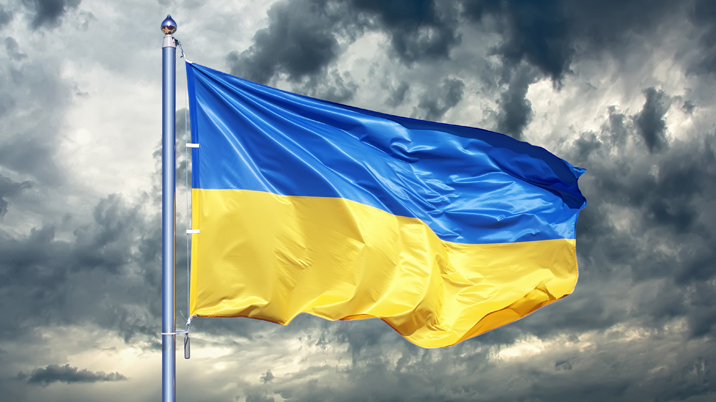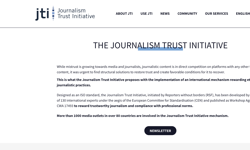
Historians and politicians will grapple with the long term implications of this war, but what does the conflict tell us about the media? Seven things occurred to me:
- Journalists play a vital role. Without them, the public would not know the full horror of what is happening. Mstyslav Chernov, a Ukrainian Associated Press videographer, recently published his account of being one of the last international journalists in Mariupol: “With no information coming out of a city, no pictures of demolished buildings and dying children, the Russian forces could do whatever they wanted. If not for us, there would be nothing. That’s why we took such risks to be able to send the world what we saw, and that’s what made Russia angry enough to hunt us down.”
- Disinformation: pre-bunking is an effective tool. Ukraine has been adept at anticipating and warning their people and the world about Russia’s likely disinformation tactics – for instance, the release of “deep-fake” videos of Volodymyr Zelensky calling on his troops to lay down their arms – thereby blunting their impact.
- Publishing your intel reduces your enemy’s room for manoeuvre. The US and UK have consistently made public their high-level assessments of Russian tactics and intentions, taking the initiative away from the Kremlin and painting it into a corner. This has forced Putin to lie, when previously he might not have needed to, further damaging his credibility and reducing his options.
- The open-source intelligence community is a powerful thing. Countless videos and still pictures from smartphones and dashcams of the Russian attacks are helping Ukraine win the information war and also helping investigative bodies like Bellingcat accumulate, document and archive huge amounts of information that not only enables the accurate reporting of what is happening now but also potentially provides damning evidence for any future war-crimes trials.
- Lies backfire. One of the victims of Russian government lies about the purpose of their troops amassed on the Ukrainian border was, ironically, the Russian army. It appears that the invasion came as a surprise to significant elements of the invading force, who thought they were on training exercises, just as the Kremlin had repeatedly said. These troops were singularly unprepared for being shot at, and this has been a factor in reported poor morale, desertions and even mutiny.
- Troll factories must never be tolerated again. We’ve long known that Russia funds disinformation on a massive scale. The US and UK recently announced a range of sanctions against bodies such as the Internet Research Agency, the notorious Russia-based troll factory. Frankly, it should not have taken a war for the West to find the resolve to do something about it. When peace returns, there should be no let-up in efforts to tackle purveyors of disinformation, and this also mean increased regulation of the social media platforms and advertising ecosystem that these trolls exploit.
- War correspondents are… incredibly brave. Journalists are dying to bring us the news from the front line. Watching them on the nightly TV bulletins dash across muddy, Somme-like fields, duck for cover behind a wrecked tank, flinch as an artillery shell lands close by, is awe-inspiring.
This is an abridged version of an article that was first published in InPublishing magazine. If you would like to be added to the free mailing list, please register here.










